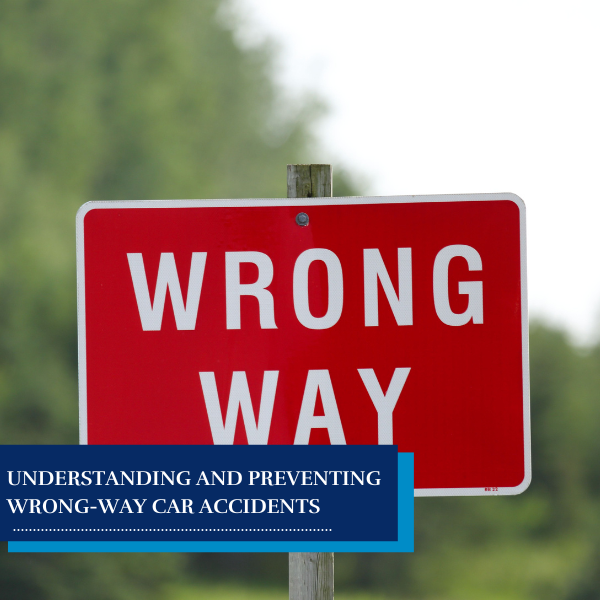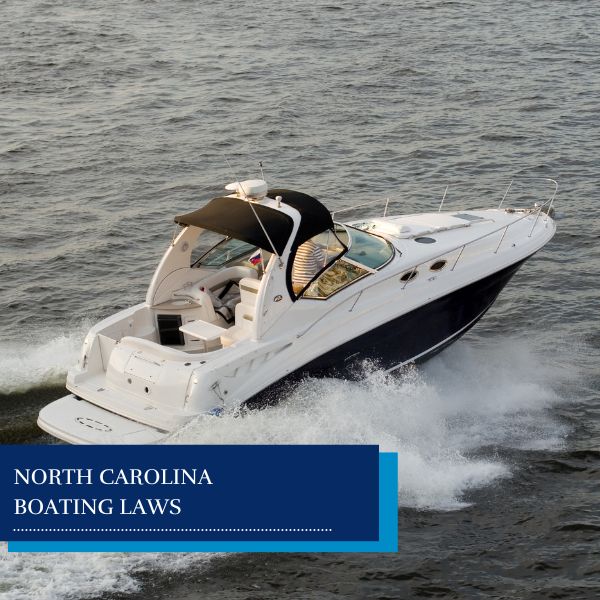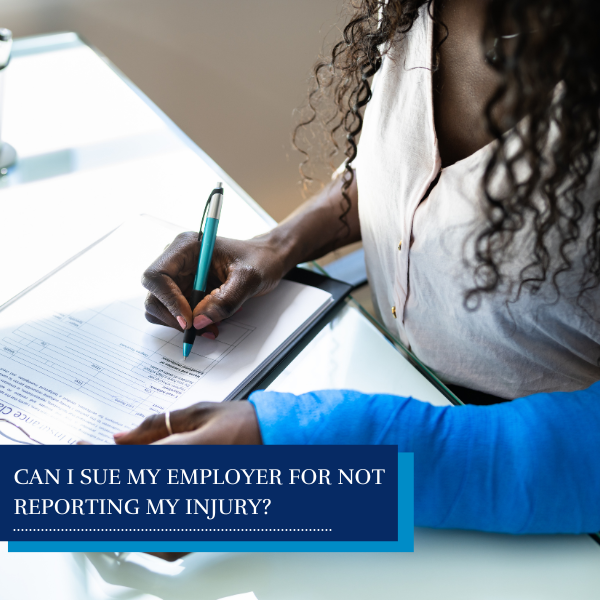Blog

Motorcyclists face unique risks on the highways and byways of the Tar Heel State. Riders are particularly vulnerable to severe and fatal crash injuries due to a combination of factors, such as minimal vehicle protection, increased susceptibility to road hazards,…

Few things are more alarming than seeing headlights approaching you and realizing the other driver is in your traffic lane. These wrong-way crashes can change your life forever. They frequently result in head-on collisions, leaving victims with severe injuries. If…
Kreger Brodish LLP is pleased to have sponsored and donated to ReCity’s “The Big Give” on November 30, 2023. ReCity is a social impact co-working hub for local nonprofits and mission-driven entrepreneurs. Kreger Brodish’s sponsorship and donation in the ReCity network…

After a car accident caused by someone else, you will likely file a claim against the at-fault driver’s insurance policy to recover compensation. The insurance adjuster you speak to may be friendly, but remember that insurance companies are for-profit businesses…

After you’ve been injured, it’s crucial to hold the responsible parties accountable. One way to do so is through a personal injury settlement. With a settlement, the person at fault for causing someone else’s injury agrees to pay that person…

A head injury at work can cause lifelong complications. You may have permanent brain damage, making you unable to continue your career. You may require a caregiver or to help you day-to-day. Most North Carolina workers are afforded medical care…

If you’ve been in a car wreck in North Carolina, you may wonder if you have grounds to file a lawsuit for compensation from the other driver. Our attorneys can evaluate your case and explain your options, including what NC…

If another driver is suing you for a car accident, but you don’t have the money to pay a judgment, it’s essential that you understand how car accident lawsuits work, your legal rights, and the options available to both you…

With its scenic coastline, serene lakes, and winding rivers, North Carolina offers abundant opportunities for residents and visitors alike to enjoy boating. Whether you’re a seasoned sailor or a first-time skipper, understanding North Carolina boating laws and regulations is essential…

If you suffer an injury in a workplace accident in North Carolina, your employer must report it. When your employer fails to fulfill this responsibility, it can undermine your ability to obtain vital compensation available under North Carolina law. But…






